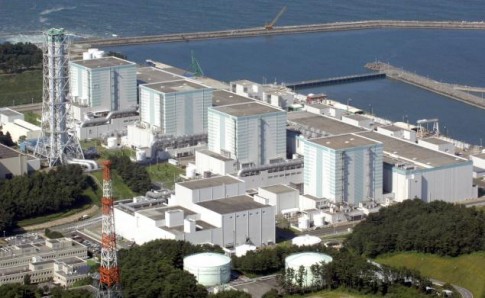Azerbaijan, Baku, March 24 / Trend E. Tariverdiyeva /
New hydrogen explosions are unlikely to take place at the reactors of the Japanese Fukushima-1 nuclear power plant, Vice Speaker of the State Duma, the president of the Russian Gas Society Valery Yazov said, the society's press-release reported.
"There is slight possibility to give a precise forecast on the basis of the published data. According to my estimations, there is no water in the reactors of the units 1 and 3. Therefore, the hydrogen is not formed there. The reactors of the units 2 and 3 are likely to be unpressurized. The state of the other reactors of Fukushima-1 is satisfactory. New hydrogen explosions are unlikely to take place," he said over phone.
At present, Yazov heads the parliamentary delegation of the State Duma in Nepal.
He said that it is difficult to conduct the restoration work on the reactors as the explosions destroyed the lifting mechanisms.
"I think it is necessary to fear new underground blows and tsunamis," he said. New waves may wash many radionuclides into the ocean."
Weakening of the structures of the reactor units due to the earthquake, explosions and high temperature are also dangerous.
"I am sure that Japan must seek assistance from the international community, as it lacks its own efforts to stabilize the situation at the station and localize the spread of radionuclides," he said.
Radioactive leaks were detected after a series of explosions and fires at four of the plant's six reactors following the failure of their cooling functions due to the damaged power supplies in the 9.0 magnitude earthquake that hit Japan on March 11.
The authorities decided to evacuate people from a 20 km zone around the power station.
Later, radioactive elements, including isotopes of iodine and cesium were revealed in the air, drinking water and food of some Japanese regions.






